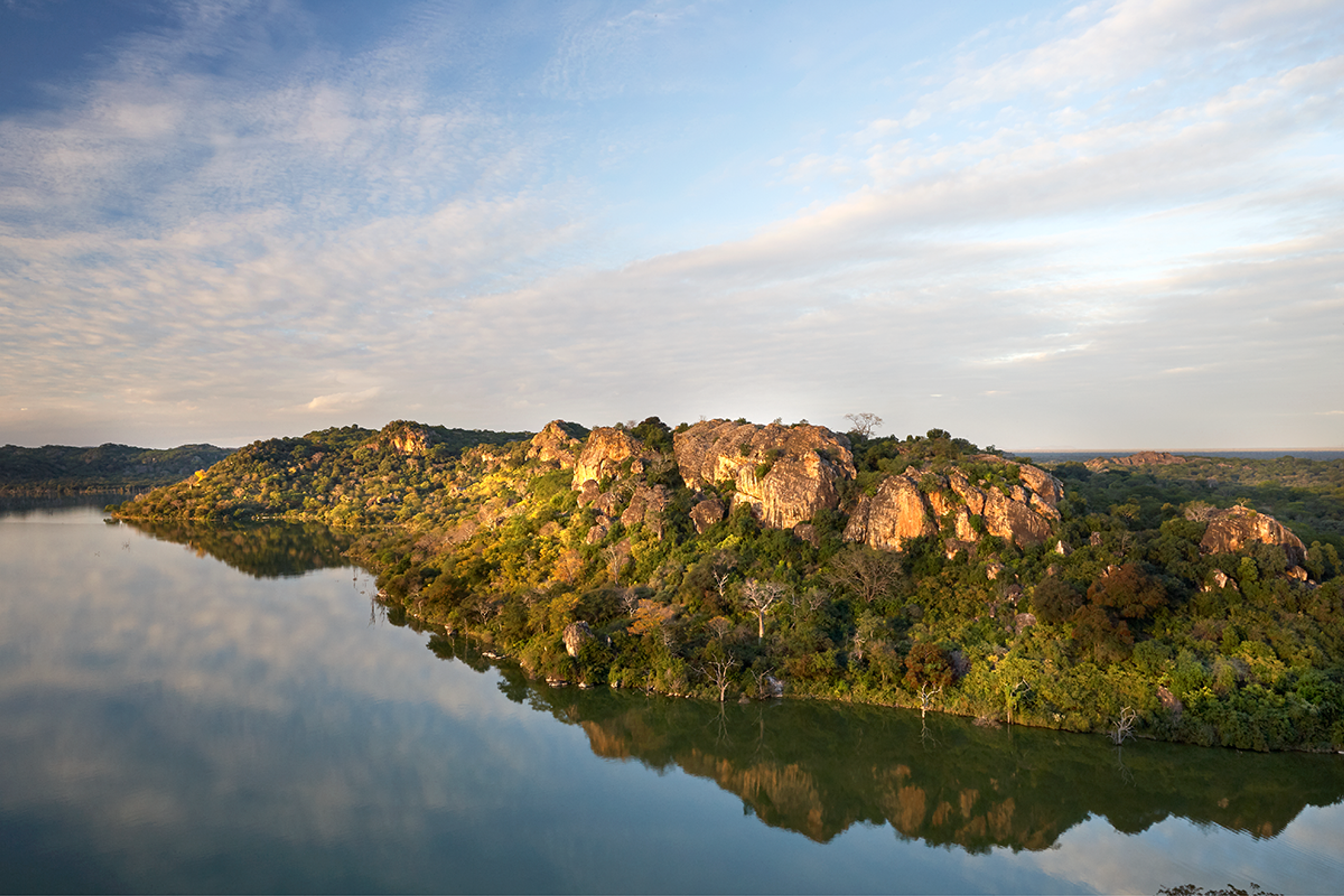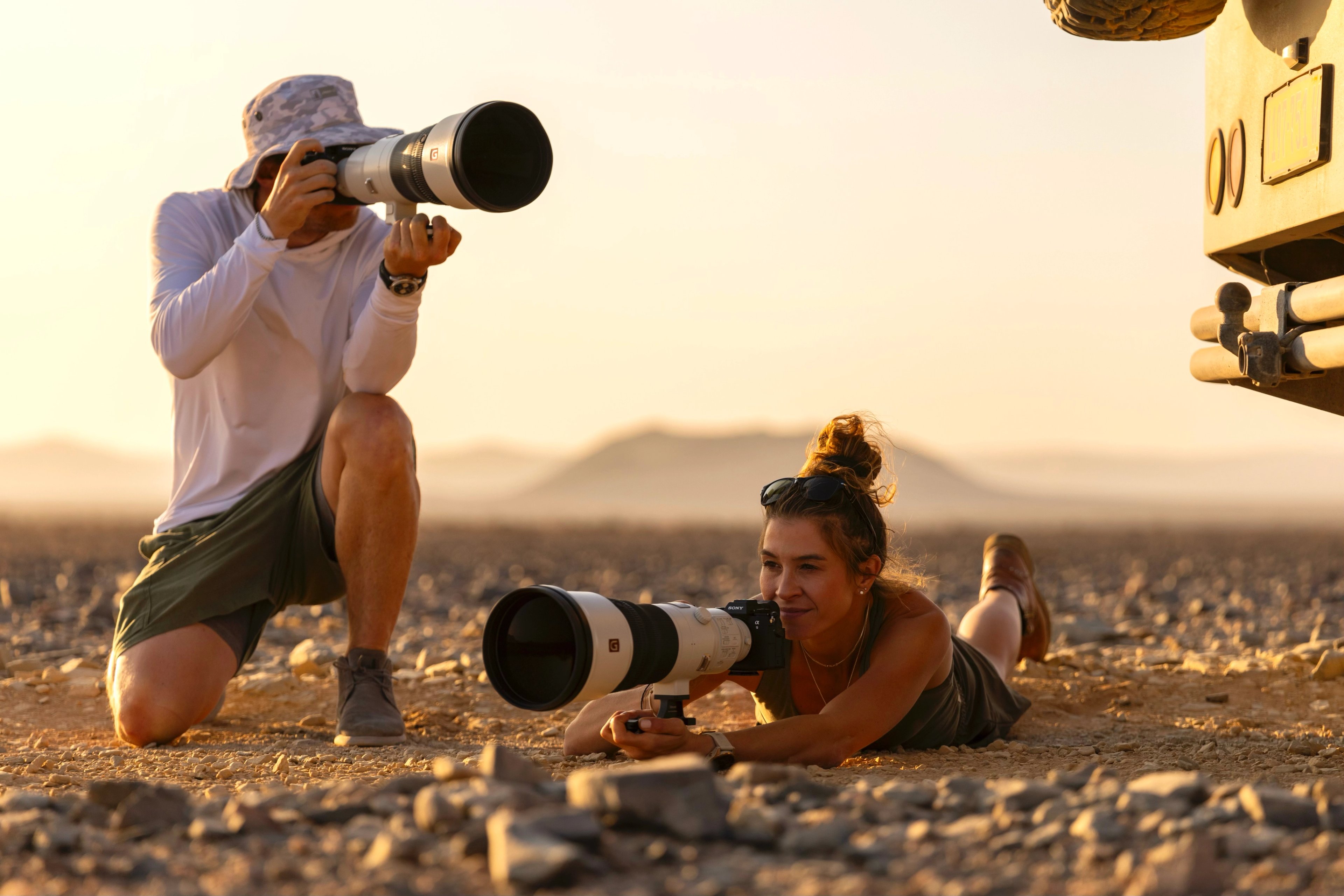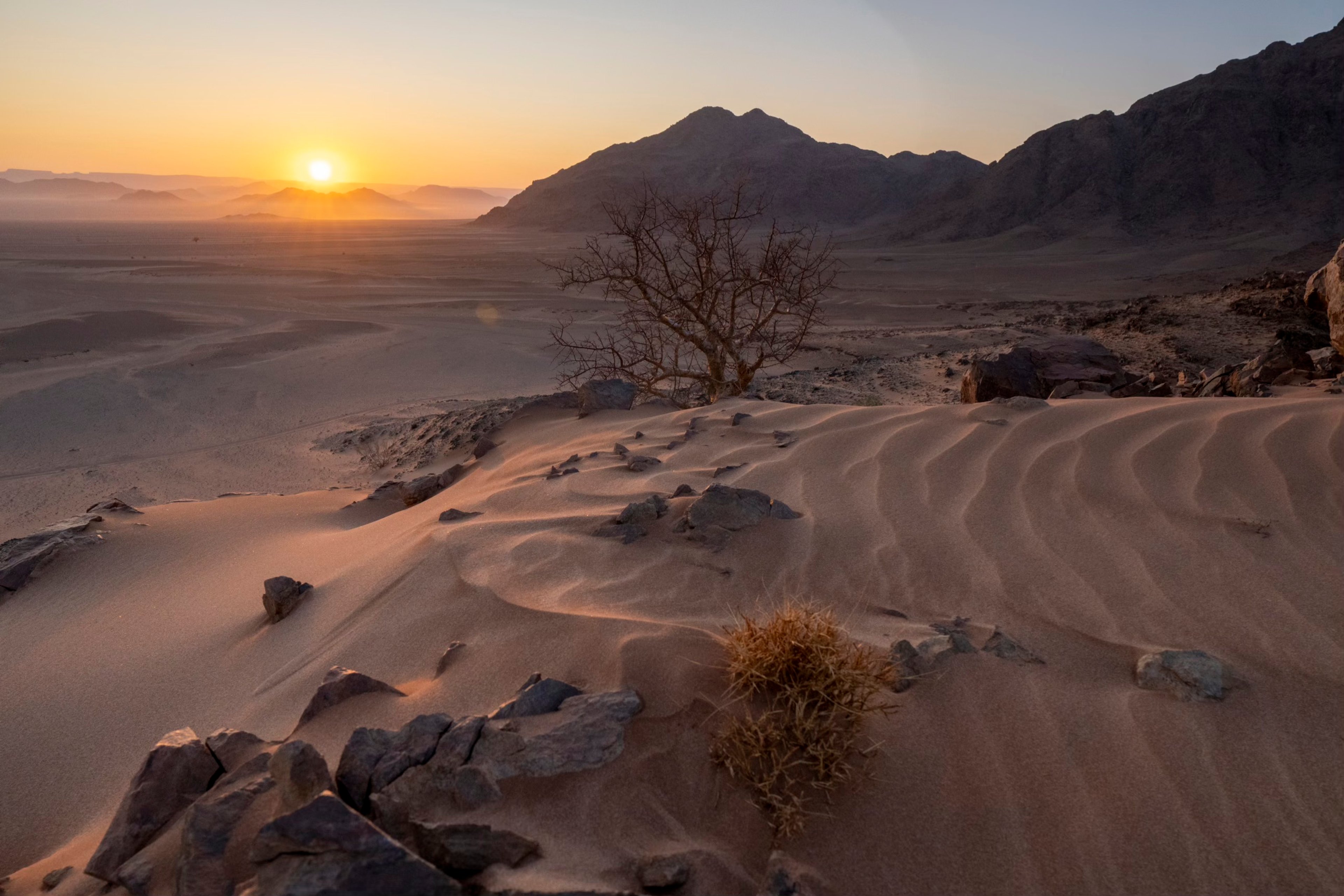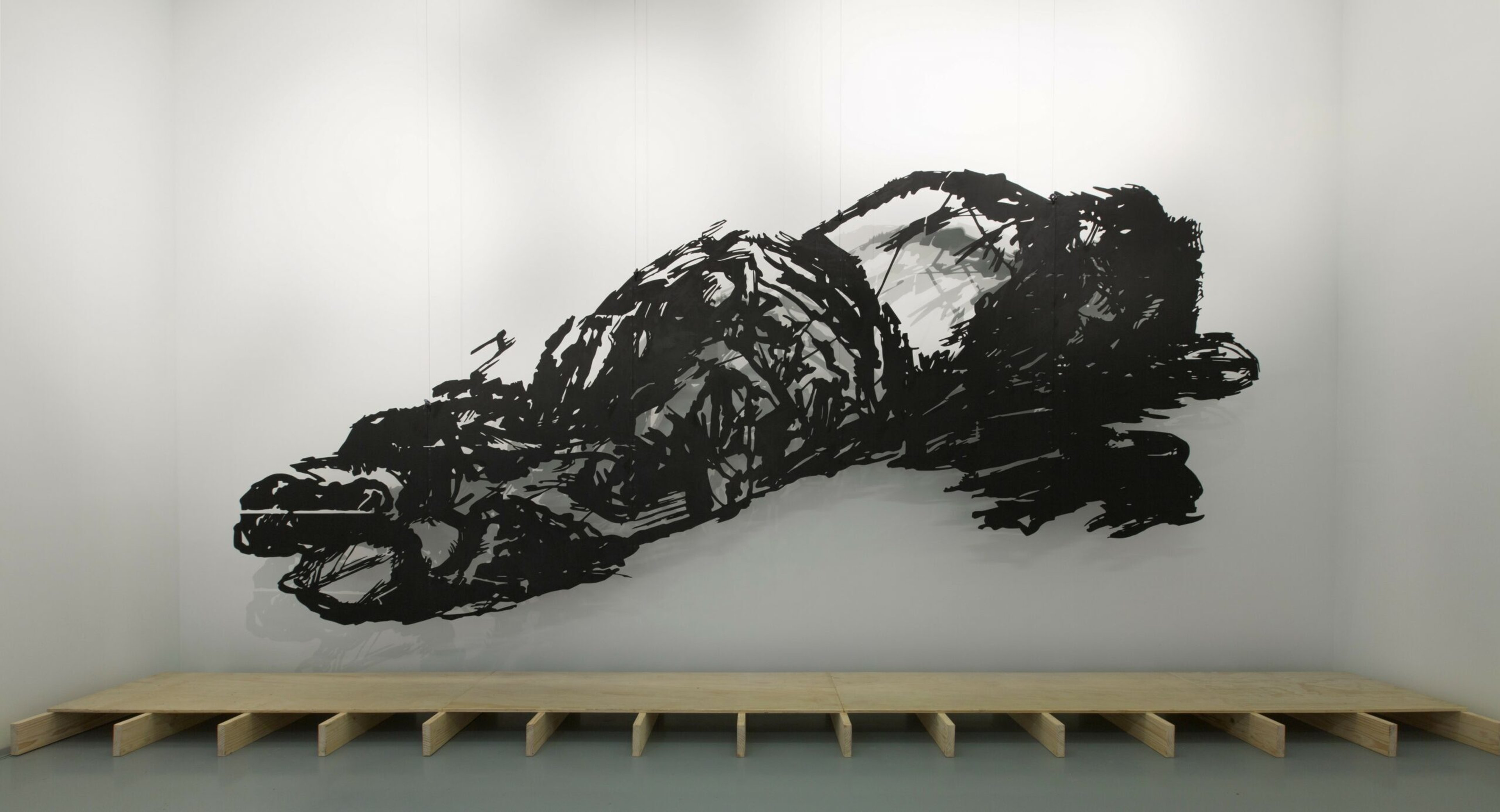I am writing to you from the banks of the Zambezi. This river, without fail, seduces my soul and stirs a feeling of mystery and wonder with every visit. As I gaze over the water, I can’t help but think of my high school friend, best-selling author Alexandra Fuller. Our love of Africa – and a mutual urgency to share this magnificent continent with anyone who will let us – runs as deep as the Zambezi itself. So much of both of our lives has happened here. Alexandra’s memories of an African childhood and her life’s complexity since leaving have fuelled seven critically acclaimed books. Many of you will also be familiar with her reporting on climate change, racism, and the Oglala Lakota people of the Pine Ridge Reservation for publications like National Geographic, Granta, and Departures.
While it’s not often that a good friend becomes a best-selling author, it also doesn’t surprise me too much. Zimbabweans are some of the world’s best storytellers – we Zimbos are bound by humor, connection, and animation, especially around a campfire.
Geography of the soul
My friend has the uncanny ability to translate the cloudy intricacies of human experience into clear, unflinching prose. She finds the right words when there are none. Alexandra’s debut novel, Don’t Let’s Go to the Dogs Tonight, revisits her family’s life during the War of Liberation through the wide-eyed lens of her younger self. We read of a childhood splintered with confusion, racism, fierce love of family, and too many tragedies to count. A too-young Alexandra captures a reality the adults cannot accept. Rhodesia becomes Zimbabwe. The destructive colonialism her parents clung to comes to an end. The Fuller family moves on. And yet, humor and optimism touch nearly every page. In the shadow of such instability, Alexandra is rooted in the earth – her family’s stories and history baked into the southern cradle’s soil like clay. In her latest memoir Travel Light, Move Fast (a tribute to her indomitable late father, Tim Fuller), she describes the feeling of returning to Africa as her “soul’s geography”. That kind of connection to a place is one that never leaves you.
Africa’s wild spaces, Alexandra’s mother’s Le Creuset pots, and witty storytelling around the dinner table were three constants of a childhood in motion. All her books, bar two, center on the rambling, rambunctious, and at times terrifying life she has lived with her swashbuckling parents and older sister. A life lived, she says, “at volume fifteen”. And while much of Alexandra’s adulthood has been spent in America, her more recent works grapple with the reality that life after a difficult childhood doesn’t let up. Love and loss, divorce and death, the whirlpool of Western consumerism, and the growing shadow of climate change keep coming. For Alexandra, solace is found in the silence of time spent in nature.
Africa has all gifts
A few years ago, Alexandra joined me on a ROAR AFRICA trip along the Zambezi in Zimbabwe. As I mentioned before, the river forms a major artery in her life – having lived, lost, and loved on both its banks. In this piece Alexandra wrote about this experience, she ruminated on the idea of the motherland. What does it feel like to be born to lose something?
After all, land ultimately isn’t something we ever really own. Instead, it’s something to safeguard. But the memory and emotion that land stirs within you is something you can keep and, in Alexandra’s case, write about. She was a natural fit to invite as a participant on our Women’s Empowerment Journey taking place in Zimbabwe in April 2023. And she will also speak at our now sold-out Into the Wild with David Whyte retreat in Kenya. I cannot tell you how special these trips will be.
I know Alexandra’s stories and love of the land will teach us how to better appreciate the precious gift of nature. In a past interview, she said it best: “Africa is a Pandora; it has all gifts.” On this upcoming Women’s Empowerment Journey (our fourth) Alexandra’s wisdom and skill as a storyteller will help untangle the inner landscape often triggered by the beauty of the outer, reconnecting us to the land, to each other, and to ourselves. The healing power of time spent in community with other game-changing women, surrounded by Zimbabwe’s wild beauty, cannot be overstated. These women are my why and the inspiration behind ROAR AFRICA’s vision statement: “If African women rise, wildlife will thrive”.
We’re a long way from our boarding school days in Harare. And after a hectic few months, a dose of Alexandra’s dry wit around the nightly campfire is just the tonic I need. I know this trip will feel like a happy homecoming for all of us. We will laugh and love in the truest of Zimbabwean ways.




